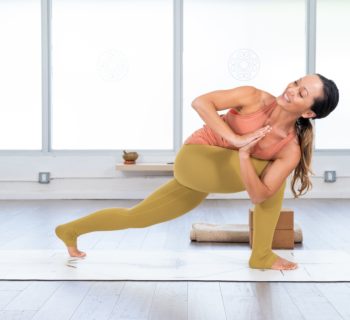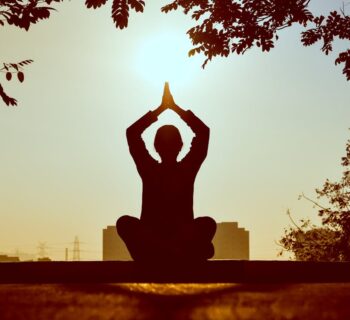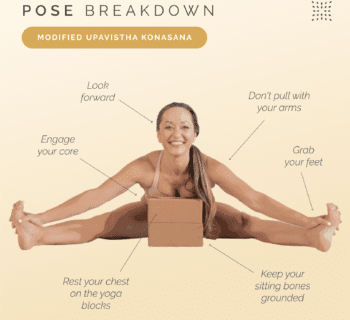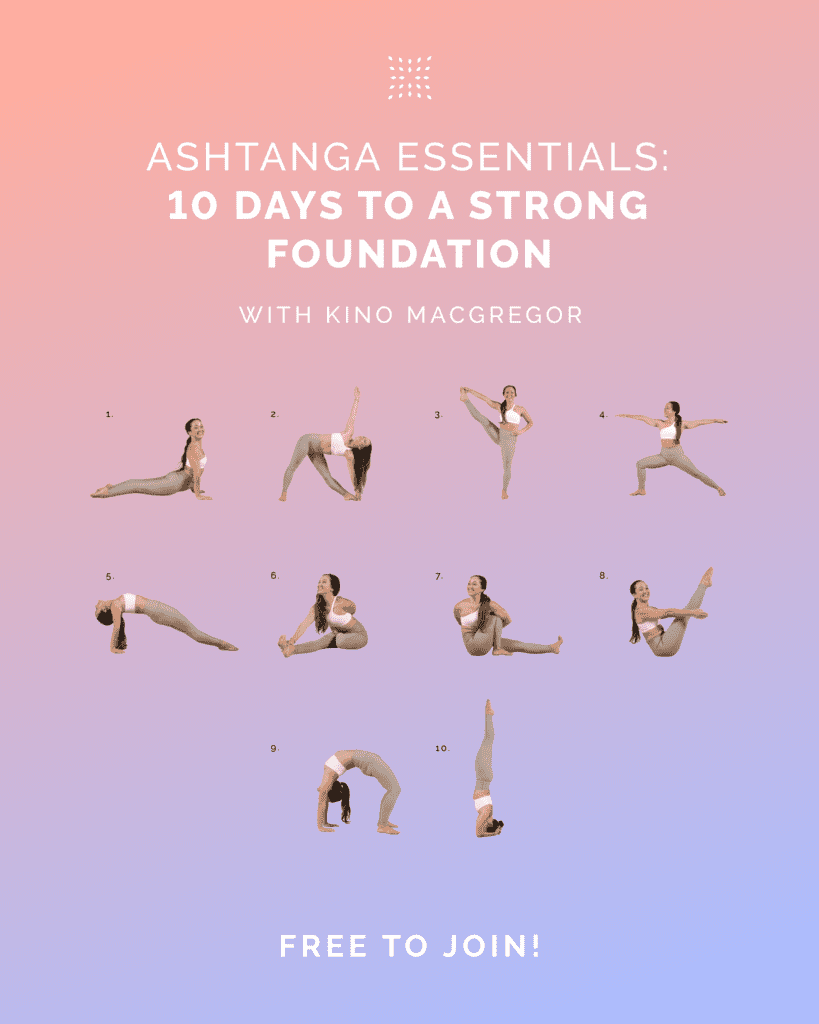We are living in a challenging and powerful time. A bright light is being aimed at our shadows of racism, sexism, misogyny, xenophobia, prejudice, violence, and hate. These elements of our nature have always existed, though sometimes they have changed forms, sometimes hid from view, sometimes remained visible but ignored. Systemic, institutionalized oppressions are being identified and called out. Claims of injustice are beginning to be taken seriously. Evidence via phone cameras brings horrors that have always been experienced by some to the consciousness of the many. Groups are collecting, unifying to bring about change. What certainly may be an increase in hate and violence recently is coinciding with greater illumination of what has always been there.
The marginalized populations have always known. Women have always known the degree to which they experience harassment, assault, manipulations of power dynamics. People of color have always known that systems of racism were alive, well, and strong. Trans people have always been aware of the dangers they face when confronted with fear and ignorance. Oppressed people are gaining agency in spaces where they had little or none. Now, those of us that have never been affected personally are becoming aware. And now, we are faced with choices. We can continue to bury our heads in the sand, deny and fight the truth, or we can join this building wave, support the voices demanding justice and change, contribute our efforts to something important and right.
My two children are biracial. While I think of myself as someone who always believed in equality, a feminist and anti-racist, having children that are directly affected by racist ideologies and institutions has certainly made it personal – to a degree. My first son was born six years ago, and at the time I had an idealized view of interracial relationship, and the biracial offspring born of them. My immediate community was diverse and had been for years. I had minimal negative experiences related to my relationship, my friendships, my work, etc. Of the very few I had, I was able to package them up as isolated, fringe, and atypical. Discussions in my personal life or online that became racially charged were a place that I felt comfortable standing up, speaking out. I would passionately share what I believed and then move on with my life.
As the Black Lives Matter movement gathered strength, and my boys got older, and a new president was elected, I found myself speaking out less and listening more. I began from a place of desire to identify, to myself and others, as non-racist, or anti-racist. It took a while to recognize how self-serving that desire was, and that it literally benefited no one but myself. I decided to only offer my voice when it would benefit the conversation, when it would positively contribute to the fight. In conversations where I used to know exactly what to say, I found myself at a loss for words. I don’t want to say the wrong thing, to offend, to appear ignorant, or arrogant. I felt helpless. And I think this is appropriate. This has been a part of my process. I gradually came to recognize that I, as a white female, will never, ever know what it is like to exist in our culture as a man, as a person of color, as a non-cisgendered person. I came to acknowledge when and where my voice is not needed, not beneficial, not helpful. As I found myself in spaces, both virtual and real, where important conversations were being had, instead of speaking, I learned to listen.
I listened to the points of view of bigoted, ignorant, racist people. I listened and heard their beliefs, I learned of their pain, fear, anger. I learned what I shared with them, how I was like them. I listened and learned from the privileged, from the saviors and light workers. I learned that people don’t feel comfortable exploring and acknowledging their darkness – that of their culture and that of their soul. I listened and learned from POC. I came to recognize how little I knew, how little I understood, and how great was my own participation in, and benefit from systems of inequality and dynamics of power and marginalization.
I am still immersed in this process, but through listening I am coming to acknowledge when my voice should stay silent. There are organizations and forums and conversations where the voices of POC are strengthening and getting louder and finally being heard. In these spaces, my voice is not needed, or wanted, or beneficial. There is nothing I can add to the conversation from my perspective, from my life experience, that produces anything beyond a salve to my own white guilt and sense of helplessness. In these spaces, I can offer myself as a soldier at their command, an additional hand set to a task. I can offer myself as a support to their work.
There are places I have decided I can affect change, where my voice can be heard. It is in conversations with other white people. There are spaces where POC are not invited, where their voices are silenced. Those people that would not hear a black person, might hear me. A message that would be resisted if coming from a person of color, might seep through the barriers when spoken by me. When I am in a white dominated space and racism is present, my voice needs to be heard. For too long, we have been silent as our uncles tell inappropriate jokes, when we observe our boss passing up qualified employees because of their name, when a random comment by a stranger in line at the grocery store is said a little too loudly. These are the places we should be speaking. Our silence is complicity.
Each day that passes and my boys get older, I become more and more unsure of how to raise them in this world. I mentioned above that this issue has become a personal one only to a degree. I am limited in my understanding of what they will experience by my whiteness and my gender. I have no idea how they will experience the world as children born of such different truths as mine and their father’s. What I can do now is listen: To the world as new voices and truths rise to the forefront, and to my boys, as they begin to share their world with me. Their experiences will form their truth and will inform my reaction which will, in turn, influence their reality. I will make mistakes, I have already made so many. But if I listen, I may continue to learn something along the way.
A spiritual practice, like yoga, asks us to be present. To face our challenges, to sit in difficulty and just breathe. We aim to find steadiness and peace in our discomfort, pain, and ugliness. As you struggle to find your place in this time of change and activism, I ask you to take this method of self-study beyond the mat. Stay in moments of discomfort, pain, and ugliness. Don’t avoid the darkness, in fact, seek it out. Join Facebook groups that you wouldn’t otherwise be a part of. Go to community meetings. Go to social venues that stray outside of your usual. Have conversations with people different than you. Stay, breathe – and listen. As you absorb the truths of another’s experience, you will learn where you fit. You will learn how to apply your unique circumstances, perspective, skills, and talents to something important.
By Angelique Sandas










